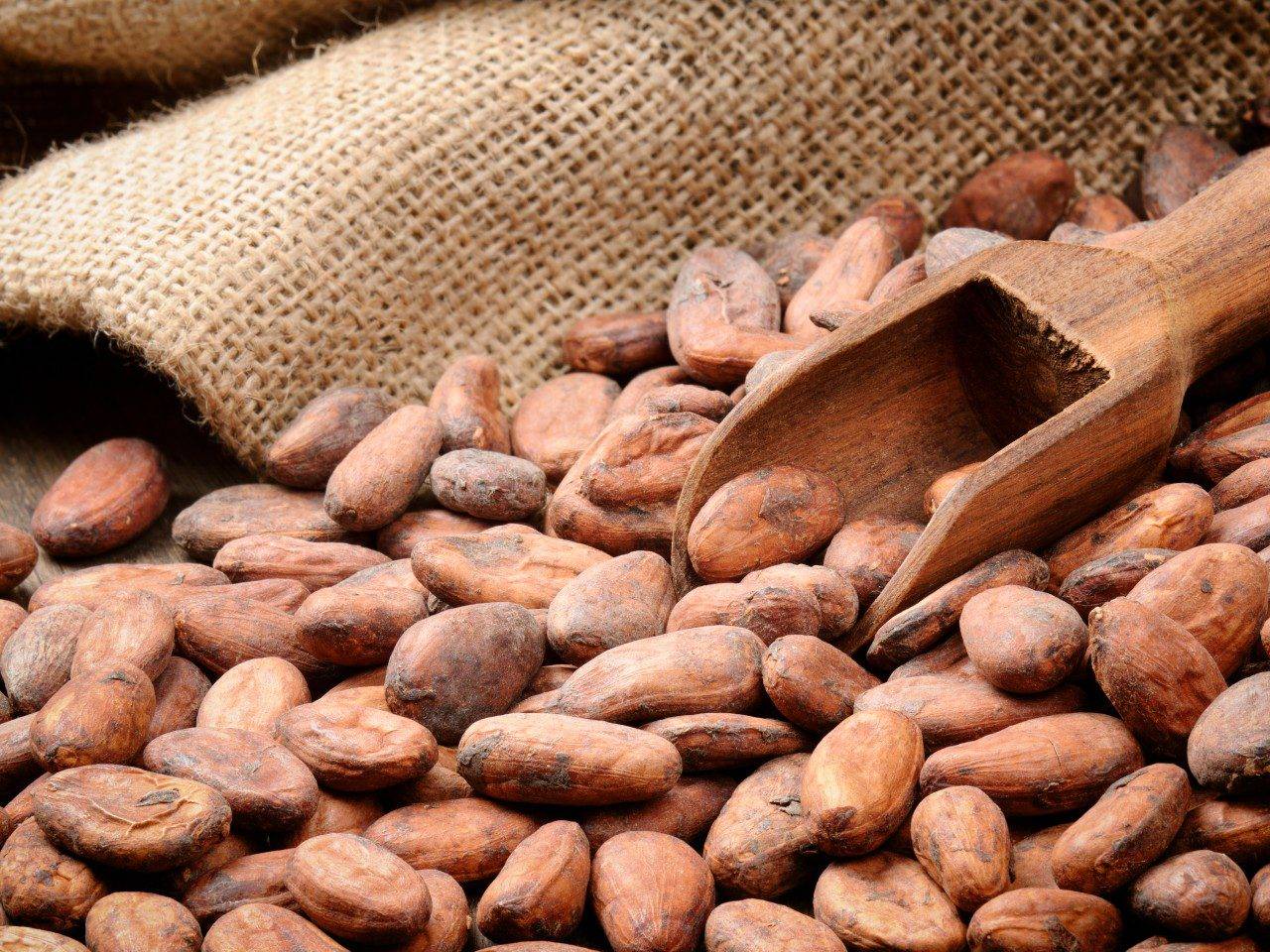10,000 Cocoa Farmers In Liberia Set To Benefit From USD 47.6 Mn Project

10,000 cocoa farmers in Liberia are set to benefit from a USD 47.6 Mn worth project dubbed ‘Tree Crops Extension Project II (TCEP II).’
The government of Liberia and the International Fund for Agriculture Development (IFAD) signed the project that is aimed at improving food and nutrition security for smallholder cocoa producers in Liberia.
IFAD is an international financial institution and a specialized United Nations agency otherwise known as the UN food and agriculture hub.based in Rome.
The agreement was signed recently by Gilbert F. Houngo, President of IFAD and Liberia’s Finance and Development Planning Minister Samuel D. Tweah, Jr.
“TCEPII will focus on enabling poor rural women and men to overcome poverty,” said Lisandro Martin, Director of IFAD’s West and Central Africa Division. “It will promote economic empowerment that provides rural women with equal opportunities to participate in – and benefit from profitable economic activities in the cocoa value chain.”
A part of the statement from IFAD stated that the project financing includes a USD11.9 Mn grant from IFAD and will be co-financed by the private sector (USD 3.4 Mn), the Government of Liberia USD 2.5 Mn and the beneficiaries themselves USD 1.8 Mn.
Agriculture in Liberia is a major sector of the country’s economy worth 38.8 percent of GDP, employing more than 70 percent of the population.Traditionally, tree crops, including cocoa, rubber and timber, have been one of the country’s largest sources of employment, as well as an integral part of its social fabric.
Based on the statement, crop diversity will also be promoted through inter-cropping which can improve food and nutrition security, shade management and income generation. Notably, measures will be put in place to include women and youth and promote their access to benefits of the project, such as training and financial services.
The project will also look into improving rural infrastructure through repair and maintenance of roads and construction of humidity-controlled warehouses to store cocoa beans during the wet until when it can be transported to the market. Extension services and access to markets would also be improved through the program.
Featured Image Courtesy: Communicaffe International